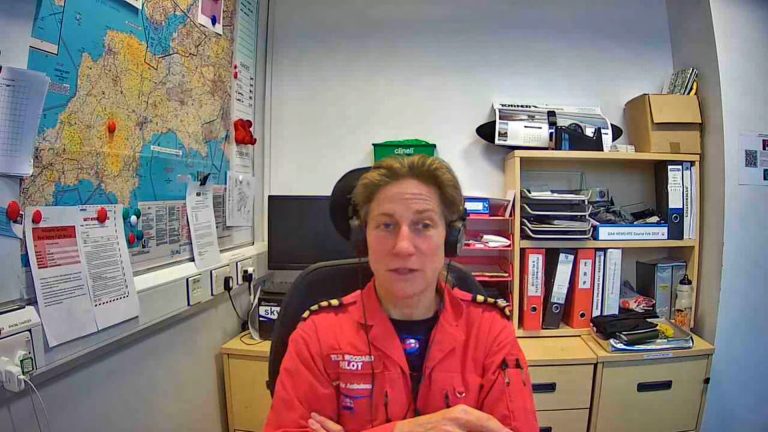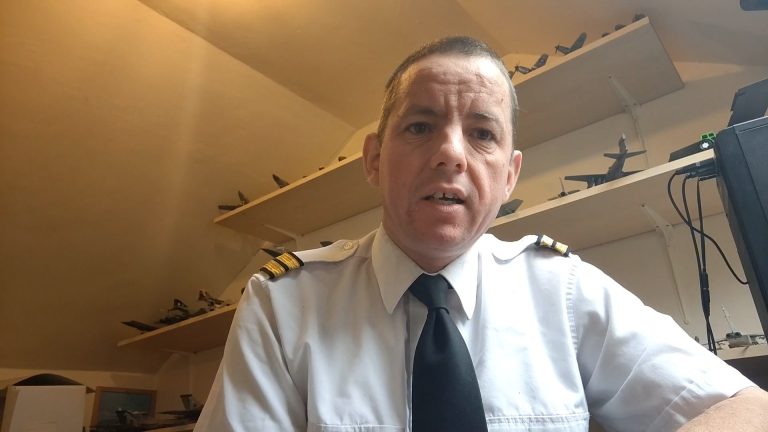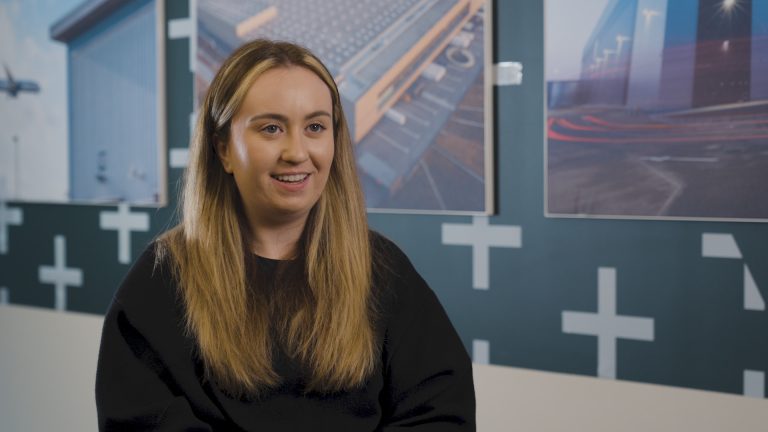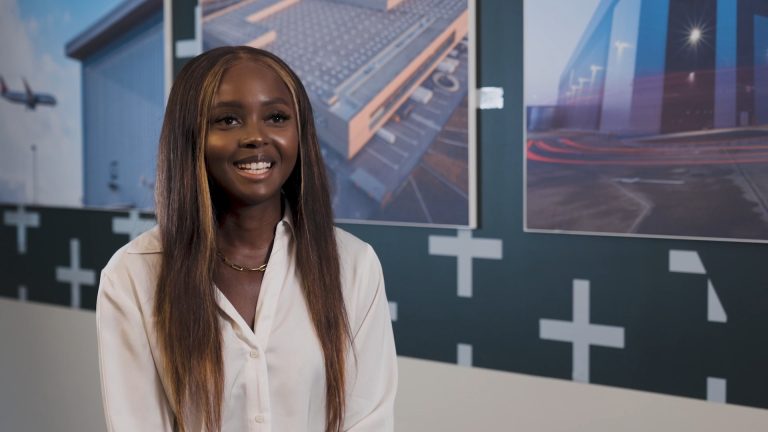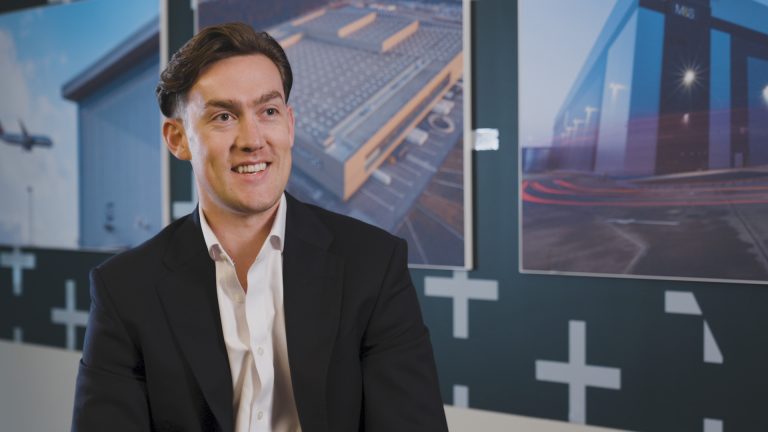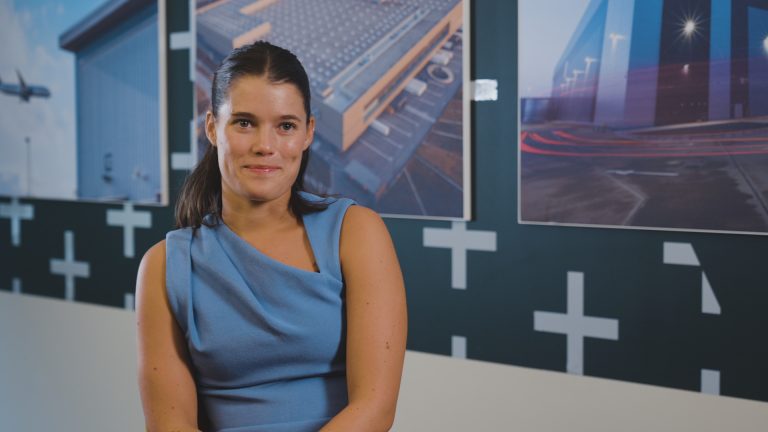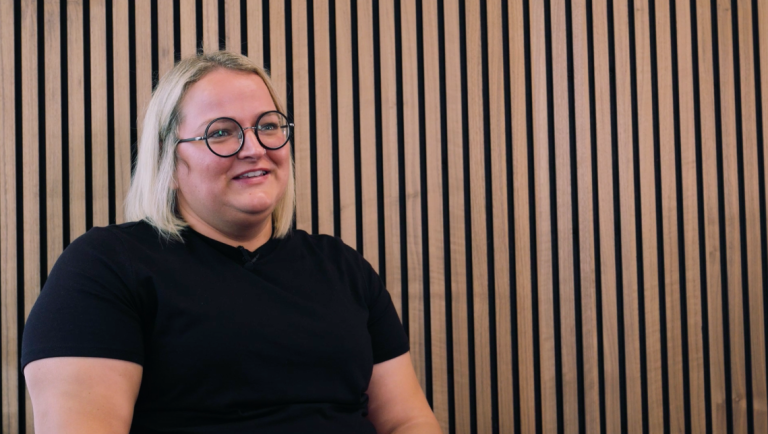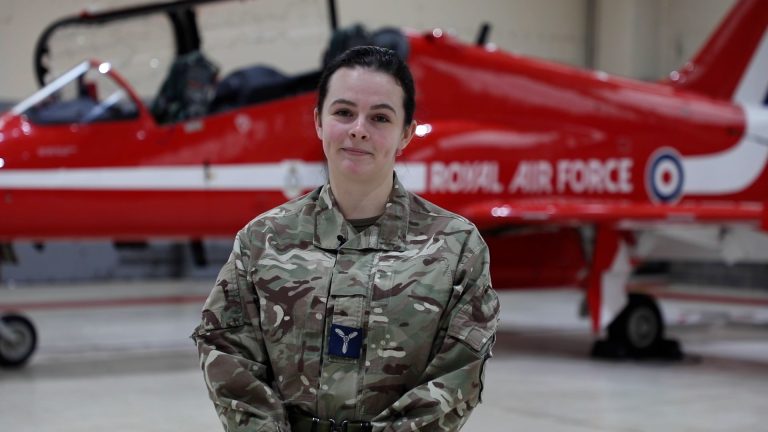Explore: Transport and logistics
Airline Pilot
British Airways
info Issues viewing the video?
| Time Code | Audio |
| 00:00:08 | Hi, I’m Suzy, I’m an airline pilot with British Airways and I fly around the world in a Boeing 777. |
| 00:00:15 | I started flying when I was 4 years old, sitting on my father’s knee in a glider. But it wasn’t until I went to university that I learned how to fly with the Royal Air Force in a university air squadron. I then got partially sponsored by an airline called British Midland, where I flew a DC9 and when I had a bit more experience, I joined British Airways, first of all on the 747-400, the jumbo jet and then the 777. This is where I got my command and now I’m in charge of the aircraft. |
| 00:00:44 | I love my job. Every day is different and you get to meet people from all different cultures. I’m a mum, I’ve got two boys and I work part time. |
| 00:00:53 | To be a pilot you need GCSEs, English, maths and one science and then A Levels you need 112 UCAS points. You don’t need to go to university, but then at a flight school you will learn things like air law, meteorology, aircraft systems and they teach you how to fly. |
| 00:01:10 | You’ll then join an airline and for instance, if you come to British Airways, you’ll go to their training centre and use their 50 million pound simulator, where you learn how to fly and all the systems of the aircraft. |
| 00:01:21 | You don’t just have to be able to fly. You need to have good leadership skills, be able to make good decisions and communicate well, because we talk with other pilots, air traffic control, engineers, ground staff. |
| 00:01:34 | When I go to work, I get to Heathrow Airport an hour and a half before the flight and that’s when I meet the other pilots. If it’s a long flight we might have 3 or even 4 of us and we take turns to rest in a bunk, which is above where the passengers sit. |
| 00:01:48 | We look at all the weather and we check the route and then we decide how much fuel we need to take. We’ll meet with the cabin crew and see if we have any special requirements for any passengers. Then we walk out to the aircraft and then once there, I walk around the aircraft and make sure everything’s safe and then in the flight deck we make sure all the switches are in their correct positions and er we talk about how we’re going to fly the aircraft for the take off. |
| 00:02:11 | END |
While studying for a physiology degree, Suzy joined the university’s air squadron and learnt how to fly with the RAF. She now flies around the world for British Airways in a Boeing 777.
More information about Ship and hovercraft officers
Data powered by LMI For All
£57,720
average salary
The UK average salary is £29,813
43
average weekly hoursThere are 37.5 hours in the average working week
94%
male
6%
female
The UK workforce is 47% female and 53% male
Future employment
Future employment
Description
Ship and hovercraft officers command and navigate ships and other craft, co-ordinate the activities of officers and deck and engine room ratings, operate and maintain communications equipment on board ship and undertake minor repairs to engines, boilers and other mechanical and electrical equipment.
Qualifications
Entrants usually possess GCSEs/S grades and A levels/H grades. Good colour vision without spectacles or contact lenses is required for some posts and candidates must undergo a medical examination. Training lasts three to four years and combines taught courses and assessed training at sea.
Tasks
- Allocates duties to ship’s officers and co-ordinates and directs the activities of deck and engine room ratings
- Directs or undertakes the operation of controls to inflate air cushions, run engines and propel and steer ships, hovercraft and other vessels
- Locates the position of vessel using electronic and other navigational aids such as charts and compasses and advises on navigation where appropriate
- Monitors the operation of engines, generators and other mechanical and electrical equipment and undertakes any necessary minor repairs
- Maintains radio contact with other vessels and coast stations
- Prepares watch keeping rota and maintains a look-out for other vessels or obstacles
- Maintains log of vessel’s progress, weather conditions, conduct of crew, etc
Employment by region
Top 10 industries for this job
Warehousing, etc
5683
Wholesale trade
2653
Other trans. equipment
2122
Sale of motor vehicles
2114
Rubber & plastic
1777
Water transport
1367
Architectural & related
1288
Employment status
Related career stories
⇦
⇨



